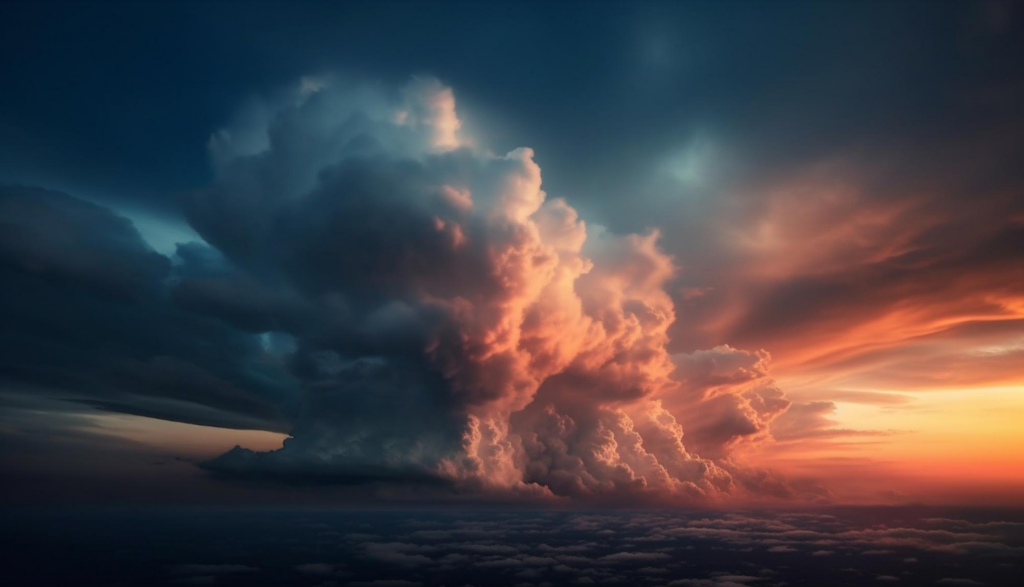Astrology, the ancient practice of interpreting celestial movements to gain insights into human affairs, has long fascinated people with its mystical allure. While its influence pervades many aspects of culture, from personal horoscopes to character traits, one of the more unconventional areas where astrology is sometimes discussed is meteorology – the scientific study of weather. The idea of using astrology to predict weather patterns may seem far-fetched in the modern world, where sophisticated technology and scientific methods dominate meteorological predictions. However, this intriguing concept has historical roots and continues to pique curiosity.
Historically, astrology and meteorology were intertwined. Early civilizations observed celestial phenomena and sought correlations with earthly events, including weather. The Babylonians, Greeks, and Romans, among others, believed that the positions and movements of stars and planets could influence the climate. Ancient texts, such as those by Ptolemy, included astrological weather predictions. Farmers, sailors, and various communities often relied on these forecasts for agricultural planning and navigation.
In astrology, specific celestial events, like planetary conjunctions, eclipses, and the phases of the moon, were thought to have direct impacts on weather conditions. For instance, astrologers might predict that a full moon in a water sign like Cancer could bring increased rainfall. The changing positions of planets were also believed to herald different seasons and weather changes.
Despite its historical significance, the role of astrology in meteorology has greatly diminished with the advent of modern science. Today, meteorologists use advanced tools such as satellites, radar, and computer models to predict weather with remarkable accuracy. These scientific methods rely on the principles of physics, atmospheric science, and empirical data, leaving little room for astrological interpretations.

However, some contemporary astrologers still explore the potential connections between celestial events and weather patterns. They argue that astrology offers a holistic perspective, viewing the cosmos and Earth as interconnected systems. While mainstream science dismisses these claims due to the lack of empirical evidence, the discussion persists, largely as a cultural and philosophical inquiry rather than a scientific one.
Related: How Astrological Houses Reflect Key Life Areas
The resurgence of interest in holistic and alternative practices has also contributed to renewed curiosity about astrological weather predictions. Some individuals find personal or anecdotal validation in these forecasts, incorporating them into broader lifestyle and wellness practices. Nevertheless, it’s essential to recognize that such practices are not scientifically substantiated and should be seen as supplementary or recreational rather than reliable sources for weather prediction.
In conclusion, while astrology’s role in meteorology is largely a relic of the past, it remains a fascinating topic that bridges history, culture, and science. The ancient practice of looking to the stars for weather insights highlights humanity’s enduring quest to understand and predict the natural world. Today, while scientific meteorology provides accurate and reliable forecasts, astrology’s historical influence reminds us of the diverse ways humans have sought to make sense of the environment around them.





















